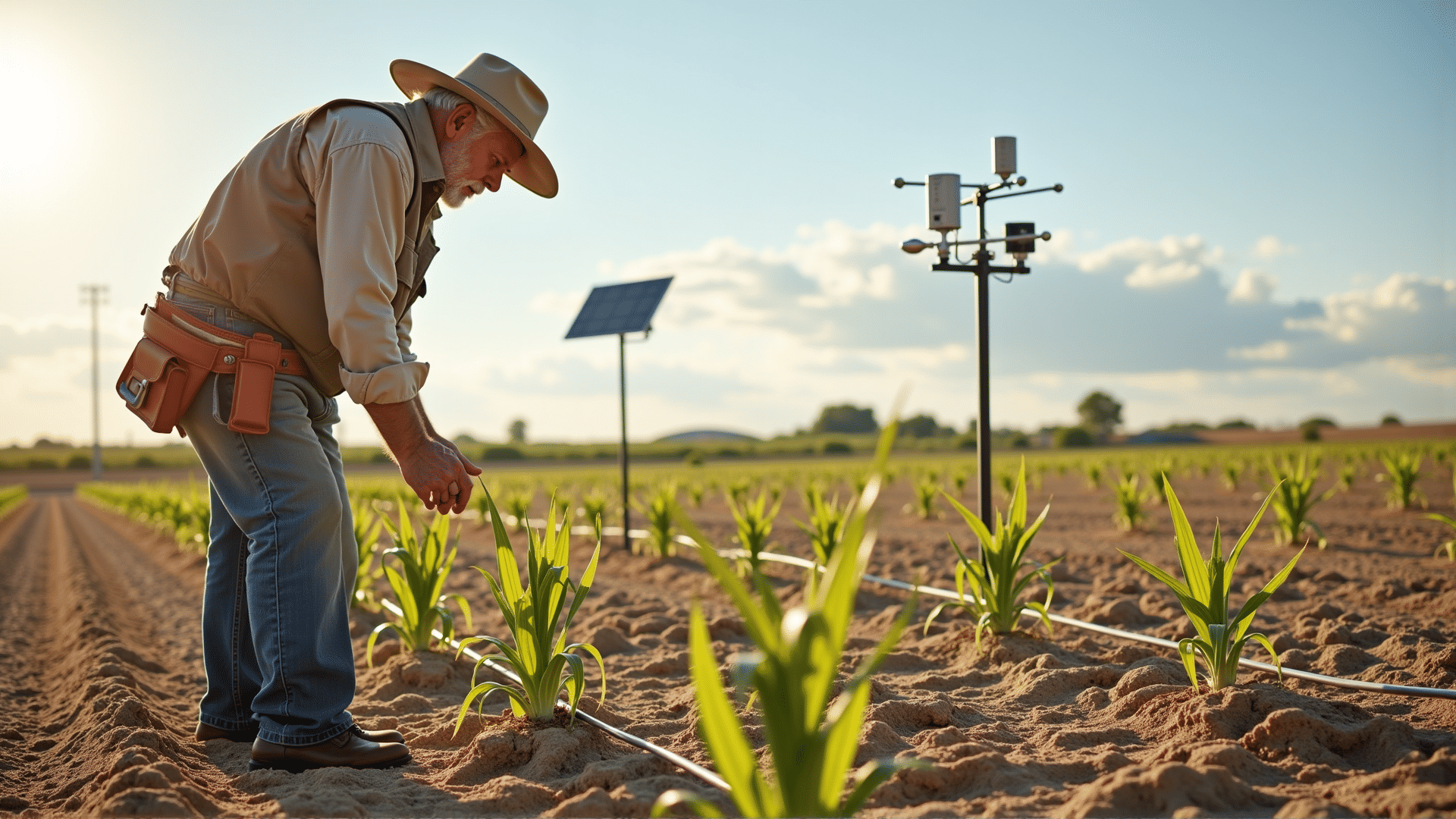As climate change continues to alter weather patterns and impact ecosystems worldwide, farmers are at the forefront of battling its effects. The agricultural sector is increasingly vulnerable, facing threats from unpredictable weather, prolonged droughts, severe storms, and shifting growing seasons. Yet, farmers are rising to the challenge with a blend of innovative techniques and advanced technology, ensuring crop survival and sustaining food quality.
One of the primary strategies being adopted is the shift towards more resilient crop varieties. Through selective breeding and genetic modification, agricultural scientists are developing crops that can withstand extreme temperatures, require less water, and flourish in changing soil conditions. These crops are crucial in regions where traditional varieties might fail, providing a buffer against climate-induced stresses.
Innovations in water management are also at the core of farmers' adaptation strategies. Techniques like drip irrigation and rainwater harvesting optimize water usage, ensuring that crops receive sufficient hydration even during periods of drought. Farmers are also integrating sensor technology to monitor soil moisture levels, allowing them to apply water with precision, reducing waste and maximizing efficiency.
In addition to water management, soil health is receiving heightened attention. Practices like cover cropping, reduced tillage, and crop rotation enhance soil structure and fertility, enabling it to retain more carbon and nutrients. These methods not only improve resilience to climate change but also contribute to the overall sustainability of farming practices by reducing dependency on chemical fertilizers and pesticides.
The use of technology and data analytics is another powerful tool in farmers' arsenals. Precision agriculture, which employs GPS mapping and drones, allows farmers to gather real-time data about their fields. This data helps them make informed decisions about planting times, harvest schedules, and the application of inputs like fertilizers and pesticides. Such insights are crucial for adapting to the increasingly erratic climate conditions that challenge traditional farming calendars.
Furthermore, embracing renewable energy sources like solar and wind power enables farmers to reduce their carbon footprints while simultaneously cutting operational costs. Many farms are investing in solar panels and small wind turbines, transforming their energy outputs and contributing to a larger, global push towards sustainability.
Collaboration and knowledge-sharing among farmers are also pivotal. Through cooperative networks, farmers are learning from each other's experiences, sharing techniques that have proven successful, and collectively advocating for policy support. Governments and NGOs play a significant role in facilitating these collaborations by funding research, providing training, and implementing supportive policies that encourage innovation in agriculture.
In summary, while climate change presents significant challenges to agriculture, farmers worldwide are demonstrating remarkable resilience and adaptability. By leveraging innovative techniques and embracing technology, they are not only ensuring the survival of their crops but also paving the way for a more sustainable and secure food future. As these strategies continue to evolve, the hope is that they will not only mitigate the adverse effects of climate change but also enhance food production systems' resilience and efficiency in the long run.
